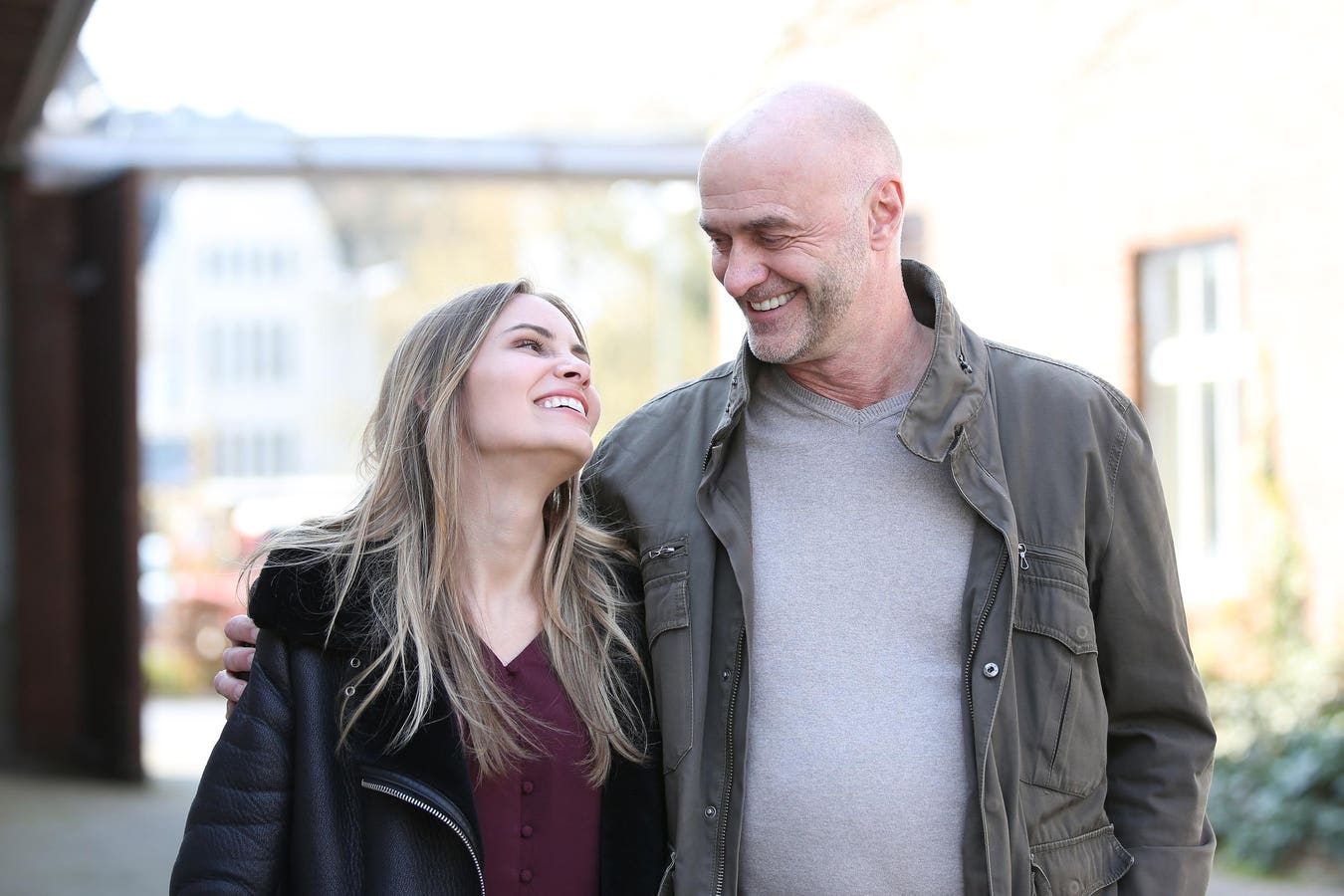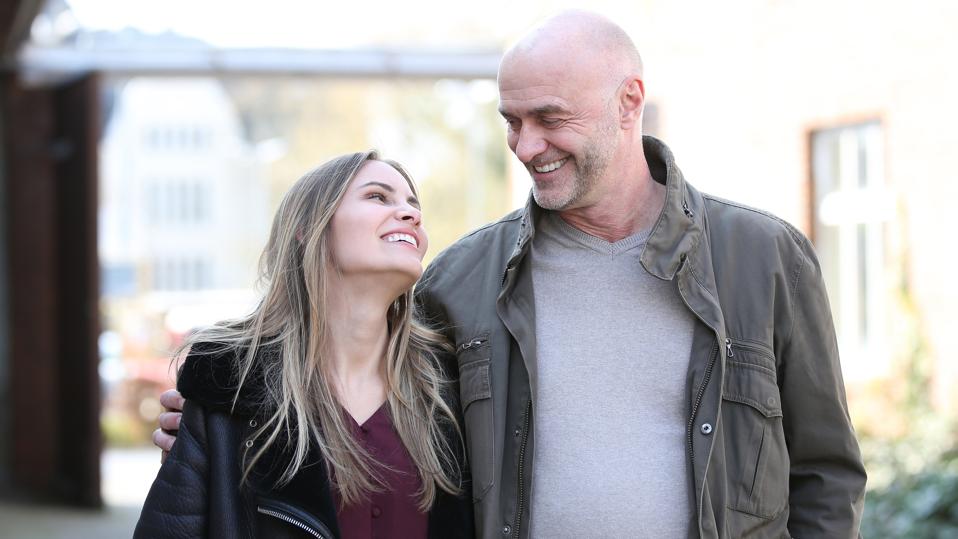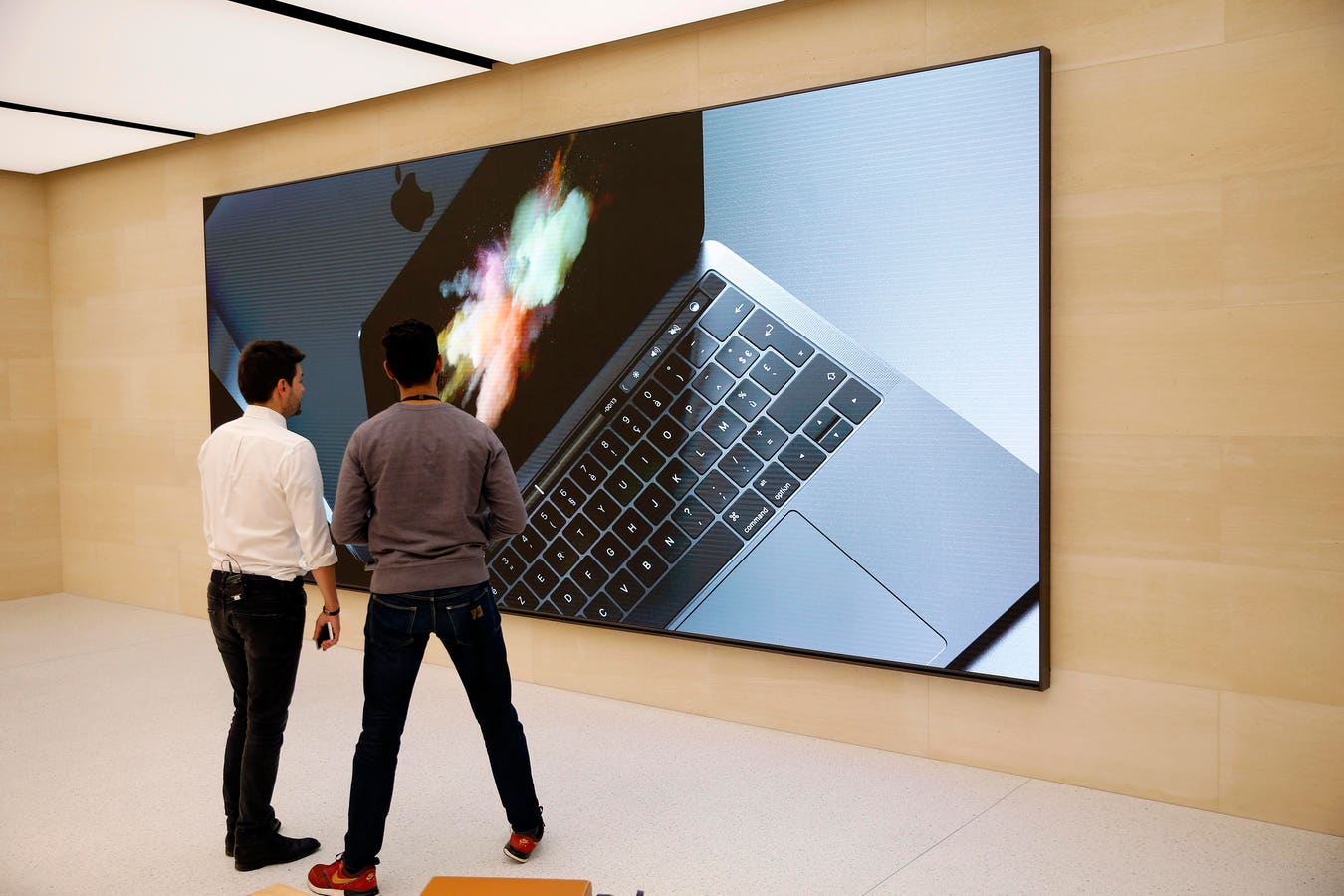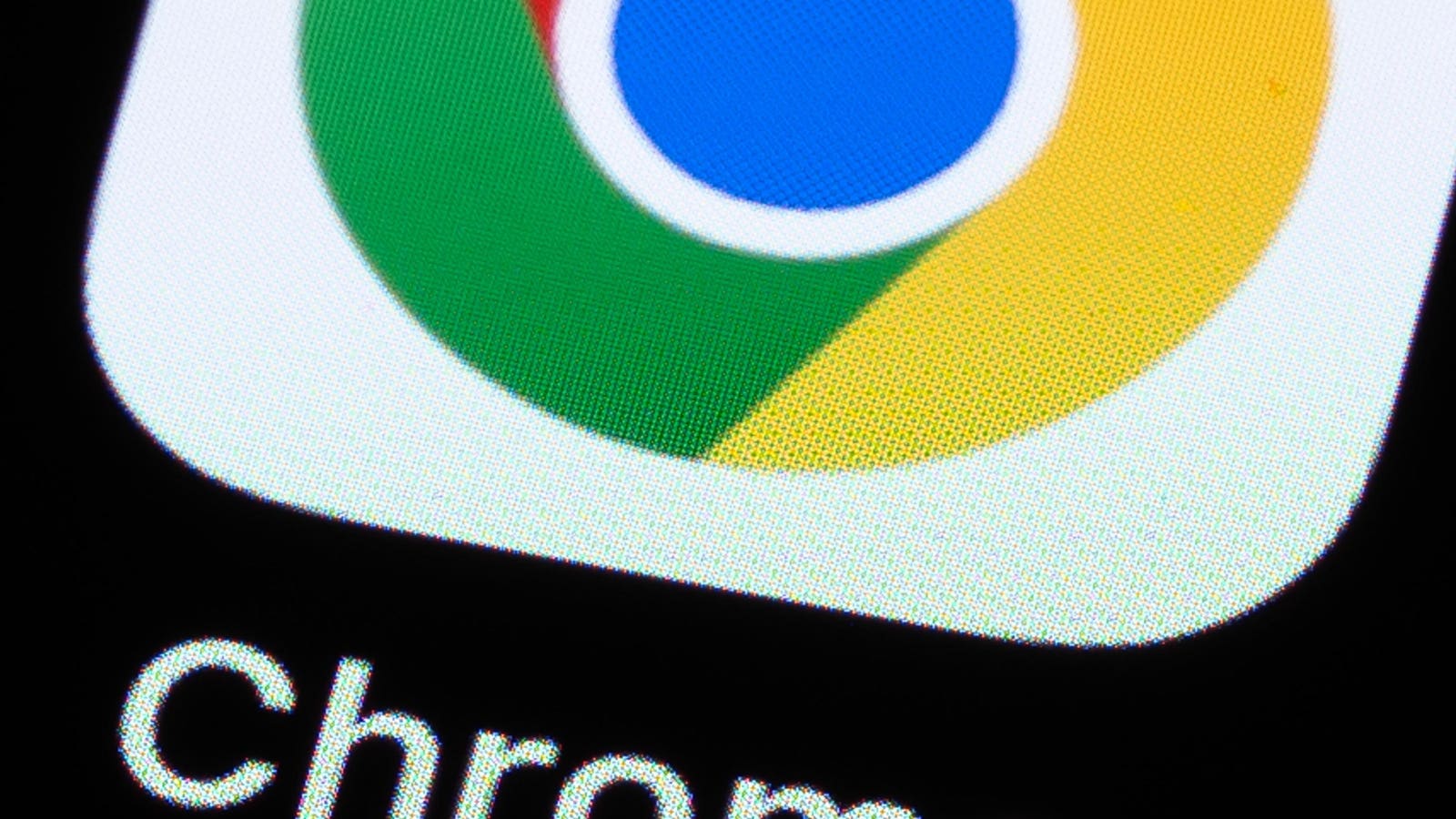Dating someone outside your usual age range can be exciting and refreshing, but it also comes with unique challenges. Here’s what to keep in mind.
getty
Dating outside your typical age range can seem fun, or even somewhat rebellious. But for some, it leads to intense scrutiny, most especially if there is a big age gap between the two. For instance, older women may be subjected to harsh judgment and criticism for dating younger men.
But a 2015 study published in the Journal of Marriage and Family examining the “cougar phenomenon” suggests that these relationships are more nuanced than stereotypes suggest.
Researchers analyzed data taken from the National Survey of Family Growth, with a nationally representative sample of over 7,600 women between ages 15 and 44. They limited their sample to middle-aged women: female respondents from the ages 35–44. Then, they asked respondents to list all their male sexual partners from the past 12 months, along with each partner’s age, which made it possible to identify age-hypogamous relationships.
They found that contrary to popular belief, many age-gap couples are in serious, long-term commitments like marriage or cohabitation, rather than just casual flings.
That said, dating someone significantly younger can present unique challenges. While these relationships might feel refreshing and invigorating, they often come with complexities that are easy to overlook in the early stages of infatuation.
Here are three key relationship barriers you need to be aware of.
1. You Might Face ‘Societal Bias’
Society may not be kind to partners with an age gap, especially to a woman dating a significantly younger man. A 2021 Sociological Focus study revealed that couples with significant age differences frequently encounter stigma through direct criticism and persistent stereotyping like “cougar” or “sugar daddy.”
To cope, partners adopt strategies like using humor to deflect tension or saying things like “age is just a number.” These tactics may help manage discomfort to some extent. But, unfortunately, age-gap couples often continue to face societal bias, largely because people tend to assume the older partner, regardless of gender, is benefiting more from the relationship. This perceived imbalance fuels prejudice and unfair judgment.
The best way to respond to jokes or cruel comments about age differences is to address them directly and calmly. If someone questions your choice of partner, remind them that both of you are consenting adults who have chosen each other freely.
Ultimately, your happiness and the strength of your bond matter far more than the opinions of those who don’t know your relationship as intimately as you do.
2. You And Your Partner May Be At Different Life Stages
When dating someone significantly younger, you may find your needs clashing. For instance, while you might be contemplating settling down, they may still be exploring career paths and finding themselves. This fundamental disconnect can be frustrating for both partners who are trying their best to make things work.
These patterns become particularly pronounced when combined with the natural priorities of early adulthood. A 2013 Emerging Adulthood study revealed that between ages 20–23, young adults overwhelmingly prioritize education and career building over romantic relationships.
In essence, while an older partner may be ready to focus on relationship-building, a younger partner’s energy could be directed toward professional development and establishing financial independence. It’s important to recognize these challenges early on, as it helps both partners set realistic expectations on how much time and energy they can devote to the relationship.
However, being at different life stages can actually bring balance between a mix of freedom and responsibility. All that matters is that both partners stay open and thoughtful while, most importantly, remaining realistic about where the relationship is headed.
3. There May Be An Imbalance In Power Dynamics
The challenges of age-gap relationships extend beyond external judgment to fundamental imbalances in partnership dynamics. The younger person in the relationship might feel pressured to “catch up” to their partner’s level of accomplishment and independence.
Meanwhile, the older partner might try to downplay their achievements to avoid intimidating their partner. They may even unknowingly adopt a mentor or parental role, leaving them struggling to maintain an equal partnership dynamic.
This, however, doesn’t always have to be the case, and a 2023 study published in Sexual and Relationship Therapy shows us why. The study found that older women dating younger men had higher emotional intelligence compared to those in similar-age relationships, likely due to life experience, which helped them communicate and handle conflicts better. As a result, this offered them a more balanced, healthy partnership, despite the age gap.
However, in any relationship, both partners should share responsibility. This is especially true for age-gap couples. This means the older partner should not always jump in to fix things. They need to step back sometimes and let the younger partner take charge.
At the same time, the younger partner needs to show proactiveness in dealing with issues, instead of just waiting for solutions. If this balance isn’t there, one person might end up feeling tired of always being the responsible one.
That said, maturity isn’t always tied to age. Sometimes, you’ll meet someone wise beyond their years, and other times, you might come across a person who never seems to grow up. As long as you’re not parenting your partner, or constantly trying to catch up if you’re the younger one, you don’t need to rely on society’s approval to validate your relationship.
Is your relationship with your partner thriving? Take this science-backed test to find out: Relationship Flourishing Scale









